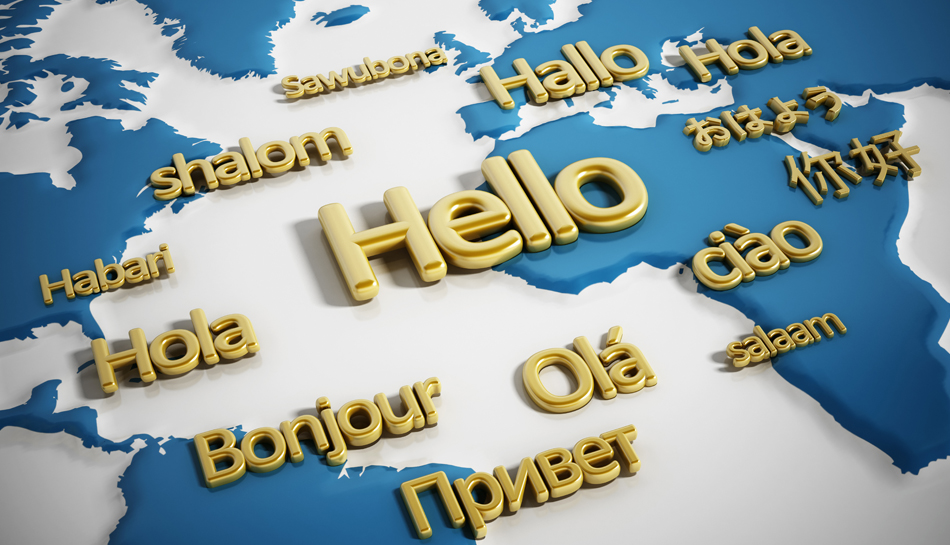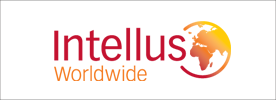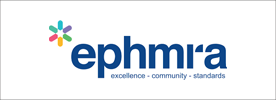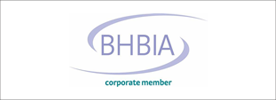
Medical market research plays a crucial role in understanding consumer behaviours, identifying market trends, and driving advancements in healthcare. Within this field, moderators serve as the linchpin, facilitating valuable insights through their interactions with participants. However, with the evolving research landscape, the traditional role of moderators has transformed into that of a modern moderator.
In the past, moderators primarily facilitated discussions, ensuring participants' engagement and collecting data. While these responsibilities remain important, the role of a modern moderator encompasses much more. In today's dynamic research environment, a modern moderator is expected to possess a versatile skill set, adapt to changing technologies, and navigate diverse cultural contexts.
Understanding whether the concept of a modern moderator varies across countries is crucial in conducting effective and culturally sensitive medical market research. Different cultures possess unique norms, communication styles, and perceptions that influence the moderator's approach and participants' responses. By exploring potential cross-cultural differences in the role of moderators, we can gain valuable insights into tailoring research methodologies for specific regions and optimising participant engagement.
The Role of a Modern Moderator and Their Key Characteristics
In the ever-changing field of medical market research, the role of a moderator has undergone significant transformations over the years. Traditionally, moderators were primarily responsible for facilitating discussions, managing group dynamics, and extracting insights from participants. However, as the research landscape has evolved, the modern moderator has emerged with expanded responsibilities and a crucial role in navigating cross-cultural differences.
Traditionally, moderators excelled at creating open and engaging environments where participants felt comfortable sharing their thoughts and experiences. They played a pivotal role in eliciting valuable insights and delving deeper into participants' perspectives. However, in today's research landscape, the modern moderator has taken on additional responsibilities, particularly in markets where English is not the native language. Clients often engage moderators to conduct research in non-English-speaking markets, requiring guidance and expertise from professionals familiar with the local culture and healthcare system.
It's important to note that being a modern moderator means more than just being fluent in the language; it is the ability to speak the respondent's language figuratively and literally. Speaking the same language goes beyond just sharing a common dialect; it entails understanding and empathising with the participants' cultural nuances and preferences. When a modern moderator can communicate effectively and connect with participants on their level, it fosters trust and respect. Physicians, in particular, are highly sensitive to being treated as equals during medical market research interactions. They appreciate a modern moderator who demonstrates a deep understanding of medical terminology, procedures, and industry-specific challenges. A moderator who can speak their language, both professionally and culturally, conveys a level of credibility that encourages physicians to openly share their insights and experiences. The modern moderator acts as a bridge between clients and participants, providing the necessary understanding and context to ensure accurate and meaningful insights are obtained.
Adaptability and flexibility are key characteristics that set modern moderators apart, characterised by globalisation and cultural diversity. They possess a keen ability to navigate and appreciate cross-cultural differences, tailoring their approach to suit the unique backgrounds of participants and facilitating effective communication. This adaptability is especially crucial as Diversity, Equity, and Inclusion (DEI) take centre stage in research, with reaching and engaging hard-to-reach markets often presenting significant barriers. Modern moderators play a vital role in bridging the gap between researchers and underrepresented populations or marginalised communities. They understand the unique challenges faced by these groups, enabling them to design research methodologies that are sensitive and responsive to their specific needs. From targeted recruitment strategies to culturally appropriate language use and alternative research formats, modern moderators adeptly overcome barriers, ensuring the inclusion of diverse voices.
Furthermore, modern moderators are well-versed in the healthcare systems of various regions. This knowledge enables them to provide invaluable insights and guidance to clients operating in unfamiliar markets. By leveraging their expertise, modern moderators help clients gain a deeper understanding of the healthcare landscape, local regulations, and cultural factors that may influence participants' perspectives.
The partnership between clients and specific moderators for each study plays a crucial role in achieving successful outcomes. By collaborating closely, clients can tap into the moderators' specialised knowledge and ensure that research is conducted in a culturally sensitive and contextually appropriate manner. This collaboration helps bridge the gap between the clients' understanding of the non-English-speaking markets and the unique intricacies of the local healthcare systems.
Cross-cultural Differences in Moderating Techniques and Ways to Adapt
When it comes to moderating techniques in medical market research, it is crucial to recognise and appreciate the influence of cross-cultural differences. Cultural factors play a significant role in shaping moderation styles and approaches, leading to variations in techniques employed across different countries. Understanding these cultural nuances is essential for effective data collection and participant engagement in diverse research settings.
Cultural factors heavily influence moderation styles and approaches, as they shape participants' expectations, communication preferences, and comfort levels. For example, in some cultures, participants may prefer a more formal and structured approach, while in others, a more informal and conversational style may be preferred. Cultural norms and values can determine the level of directness or indirectness used by moderators in their questioning techniques. Awareness of these cultural factors allows moderators to adapt their strategies and create an environment that aligns with participants' cultural expectations, fostering better engagement and more authentic responses.
Variations in moderating techniques across countries are evident due to cultural diversity and the unique communication styles embedded within each culture. For instance, in certain cultures characterised by collectivism, group discussions may be more effective in eliciting insights, as participants feel more comfortable sharing their opinions within a communal context. On the other hand, individual interviews might be preferred in cultures that value personal privacy or where hierarchical power dynamics may affect group dynamics. Moderators must consider these cultural preferences and select the appropriate moderation techniques that resonate with participants, ensuring the research process is culturally sensitive and respectful.
Cultural nuances have a profound impact on data collection and participant engagement. Misunderstanding or overlooking cultural cues can lead to misinterpretations, biased responses, or incomplete data. Moderators who possess cultural competence can navigate these nuances effectively, ensuring accurate and insightful data collection. They understand the cultural context of participants, including language nuances, non-verbal cues, and communication styles, which can significantly influence participant engagement and the quality of responses. By recognising and respecting these cultural nuances, moderators can build trust, encourage open dialogue, and create an inclusive research environment that encourages participants to share their experiences and opinions more freely.
In addition to adapting moderation techniques, modern moderators employ various strategies to address cross-cultural differences in data collection and participant engagement. These strategies may include pre-research cultural familiarisation, language adaptation, and the use of culturally sensitive probes. By investing time in understanding cultural backgrounds, moderators can develop a deeper appreciation for participants' perspectives, leading to more meaningful and contextually relevant insights.
Therefore, it’s clear to see the role of a modern moderator in medical market research extends beyond traditional responsibilities, encompassing adaptability, cultural competence, and bridging the gap between researchers and diverse populations. Understanding cross-cultural differences is essential for effective data collection and participant engagement. By recognising and adapting to cultural nuances, modern moderators can ensure that research is conducted in a culturally sensitive and contextually appropriate manner, leading to more meaningful insights and a better understanding of diverse healthcare markets. With M3's expansive global network of moderators, conducting research that ensures you obtain the data you need has never been easier. By leveraging our global network, you can tap into their extensive expertise and experience, leading to research outcomes that are comprehensive, impactful, and aligned with your objectives.
Download our checklist for qualitative research best practices to elevate your international research project!





